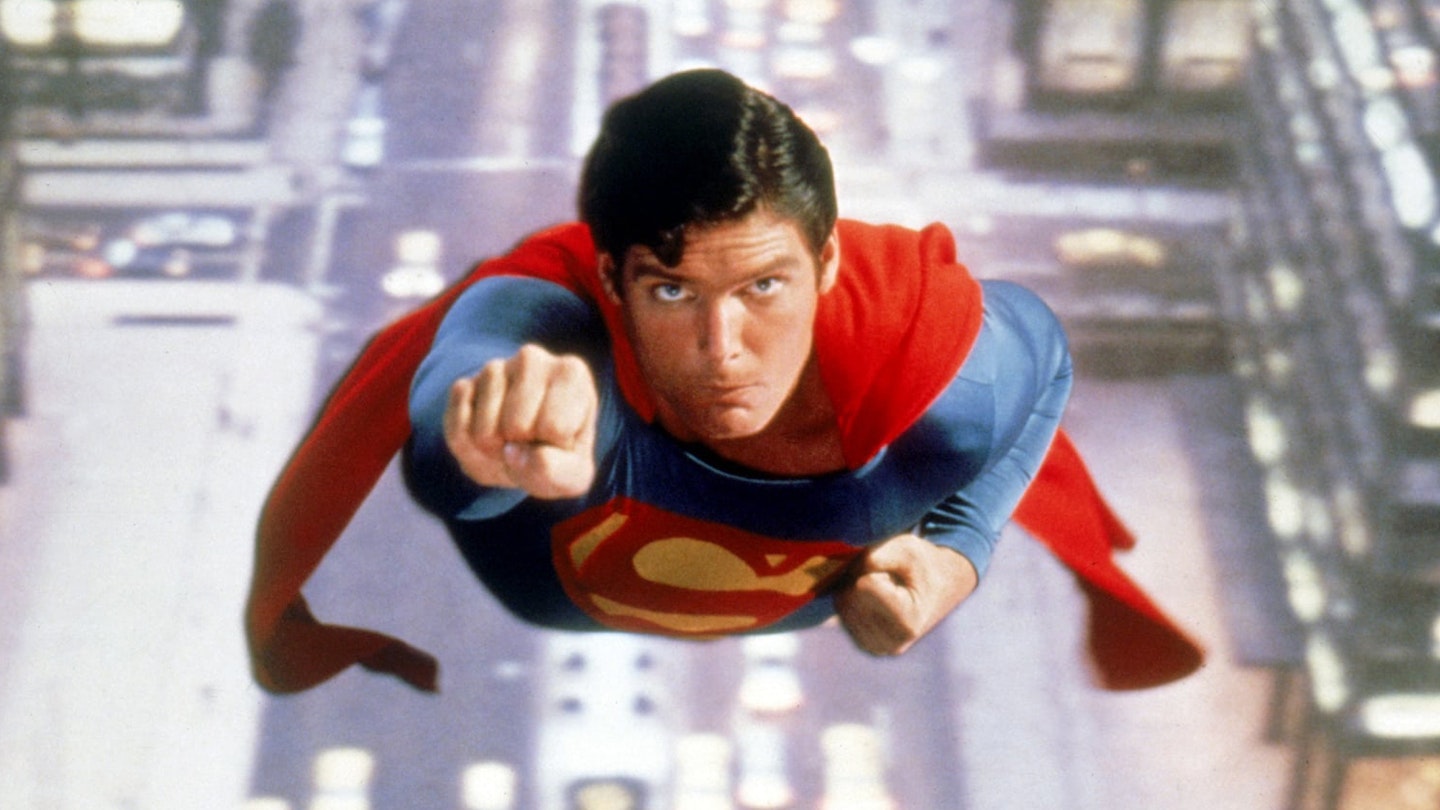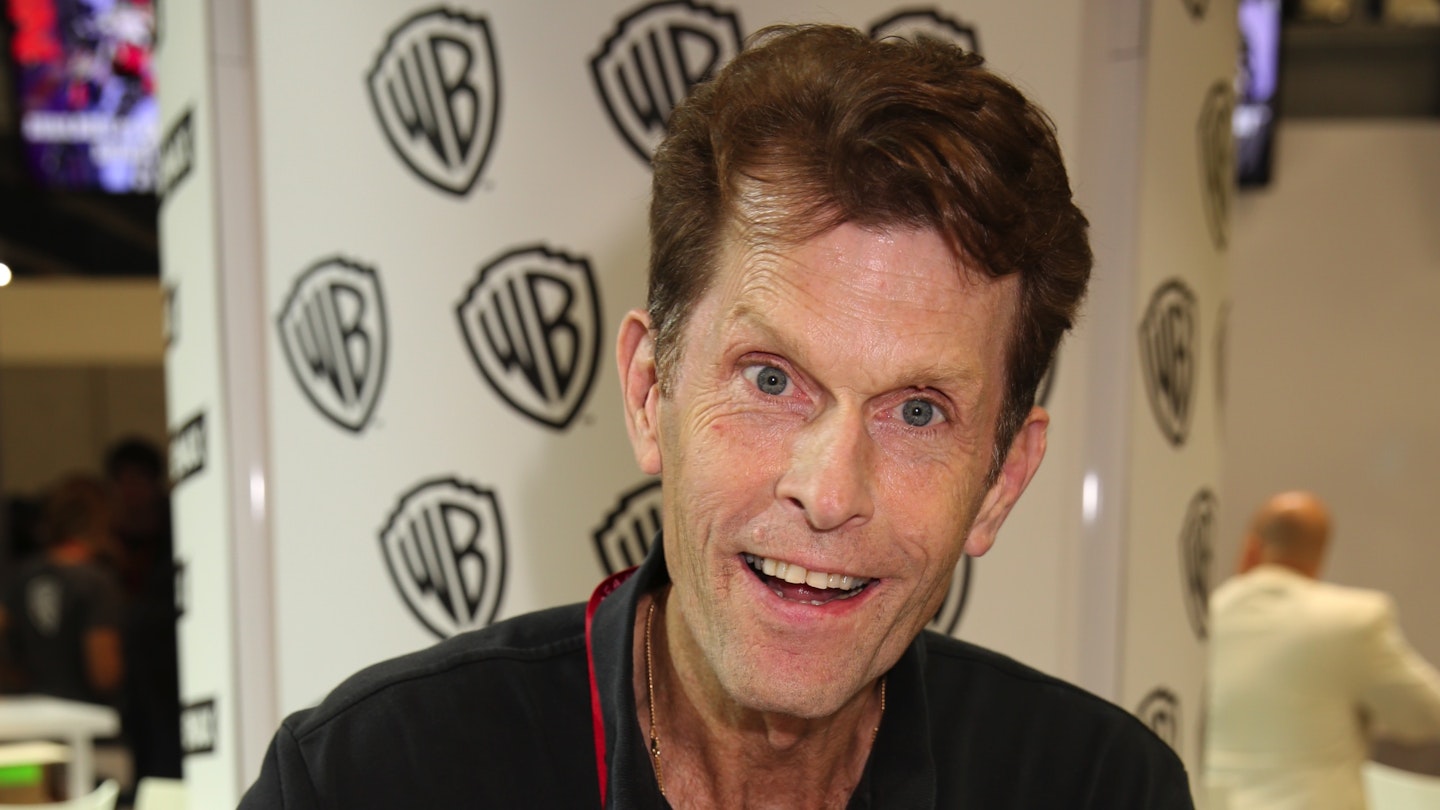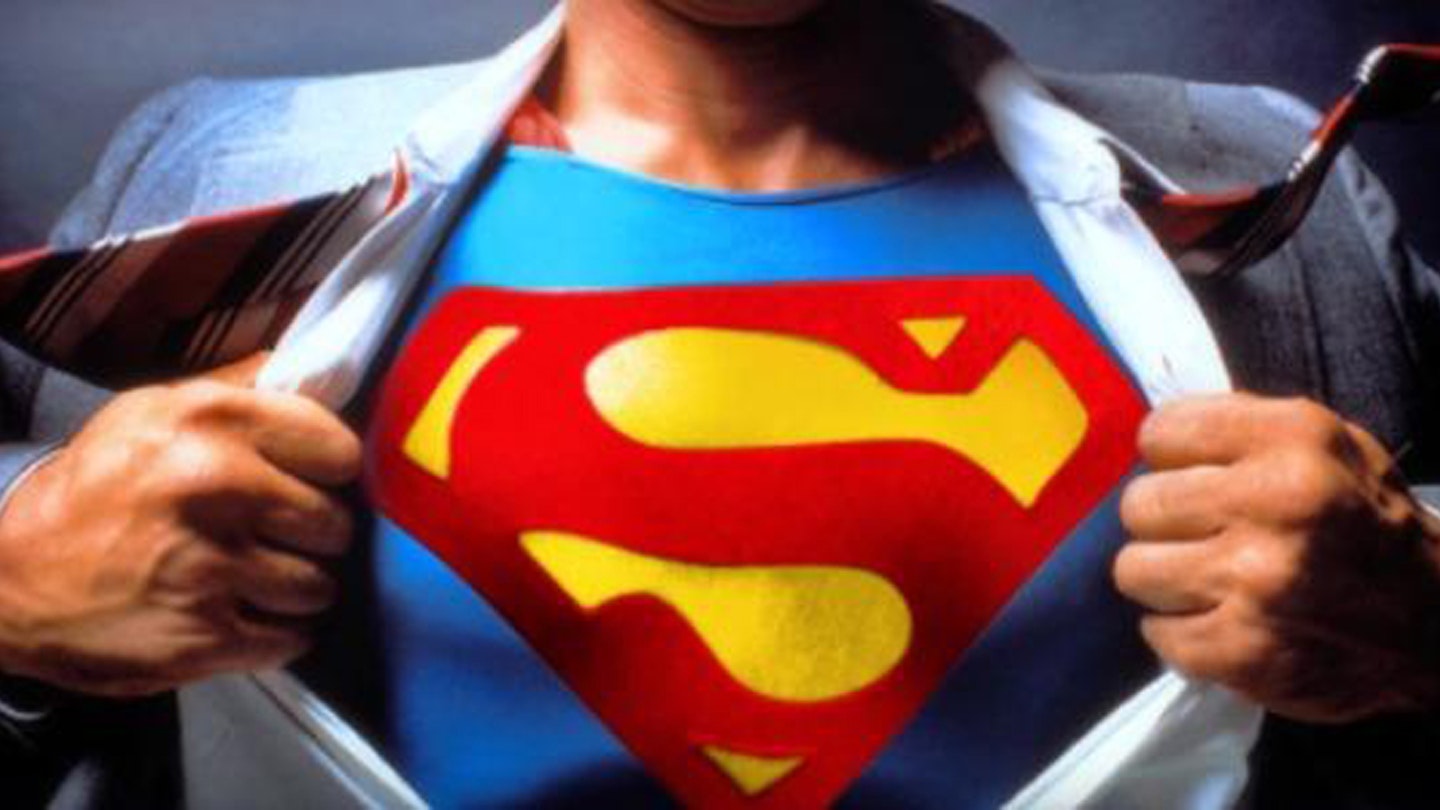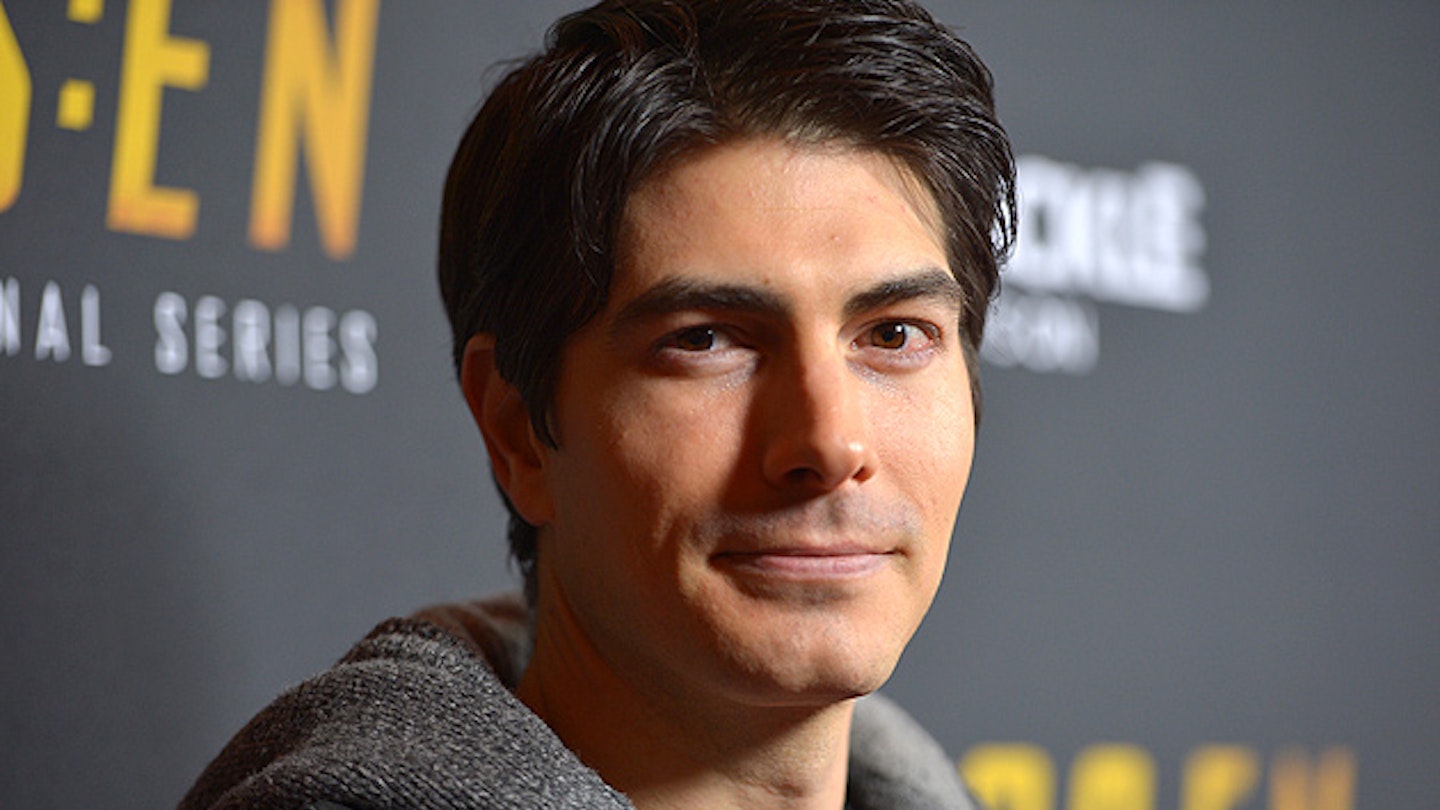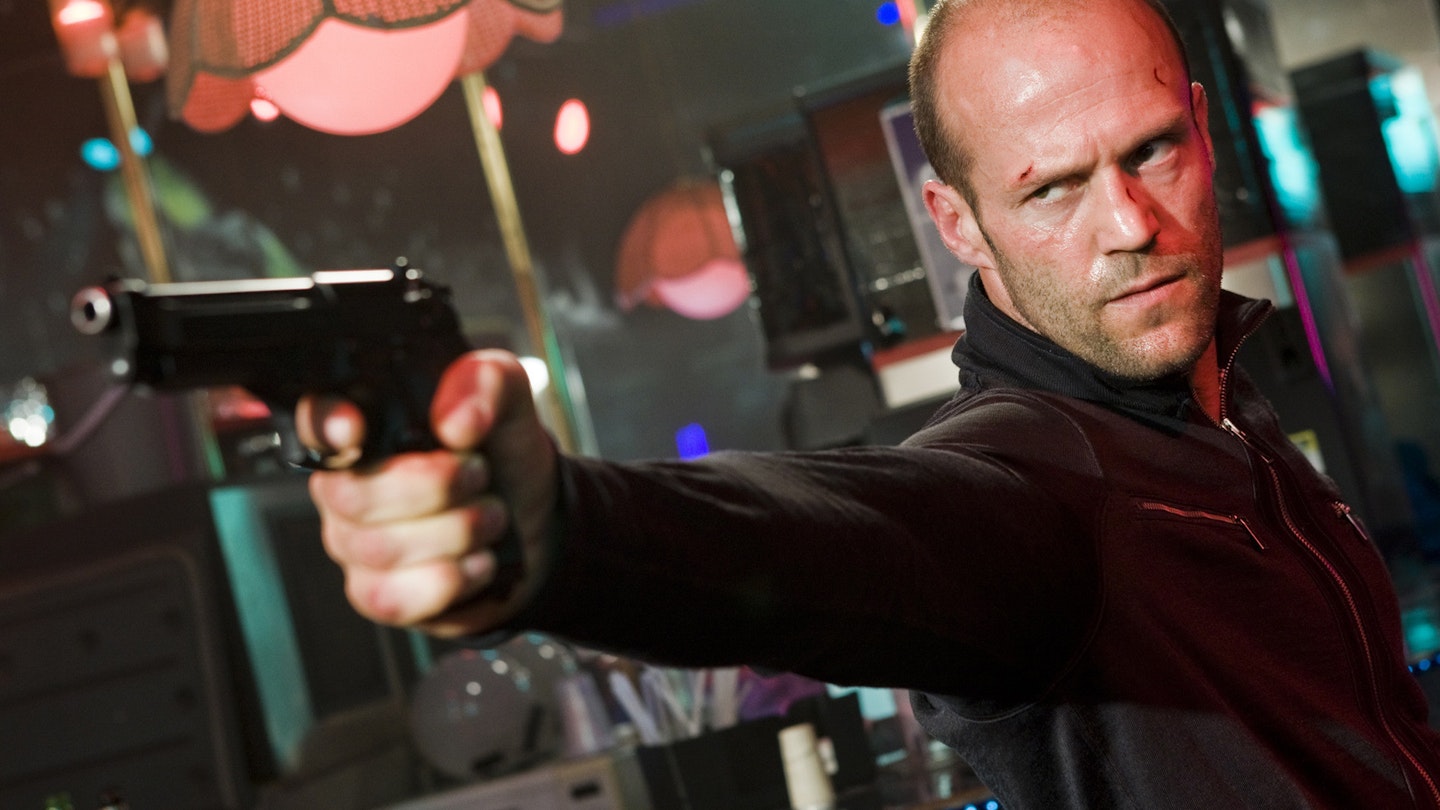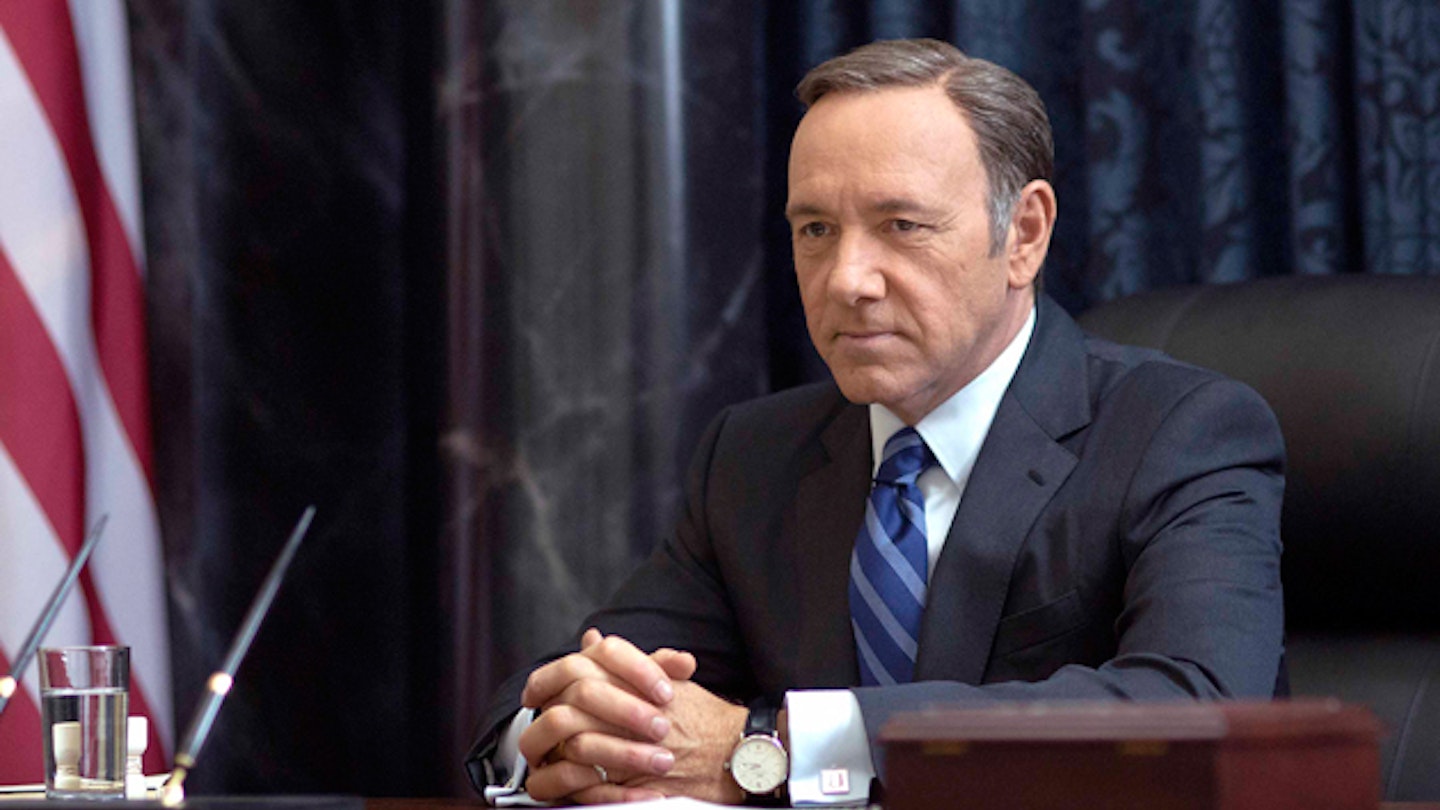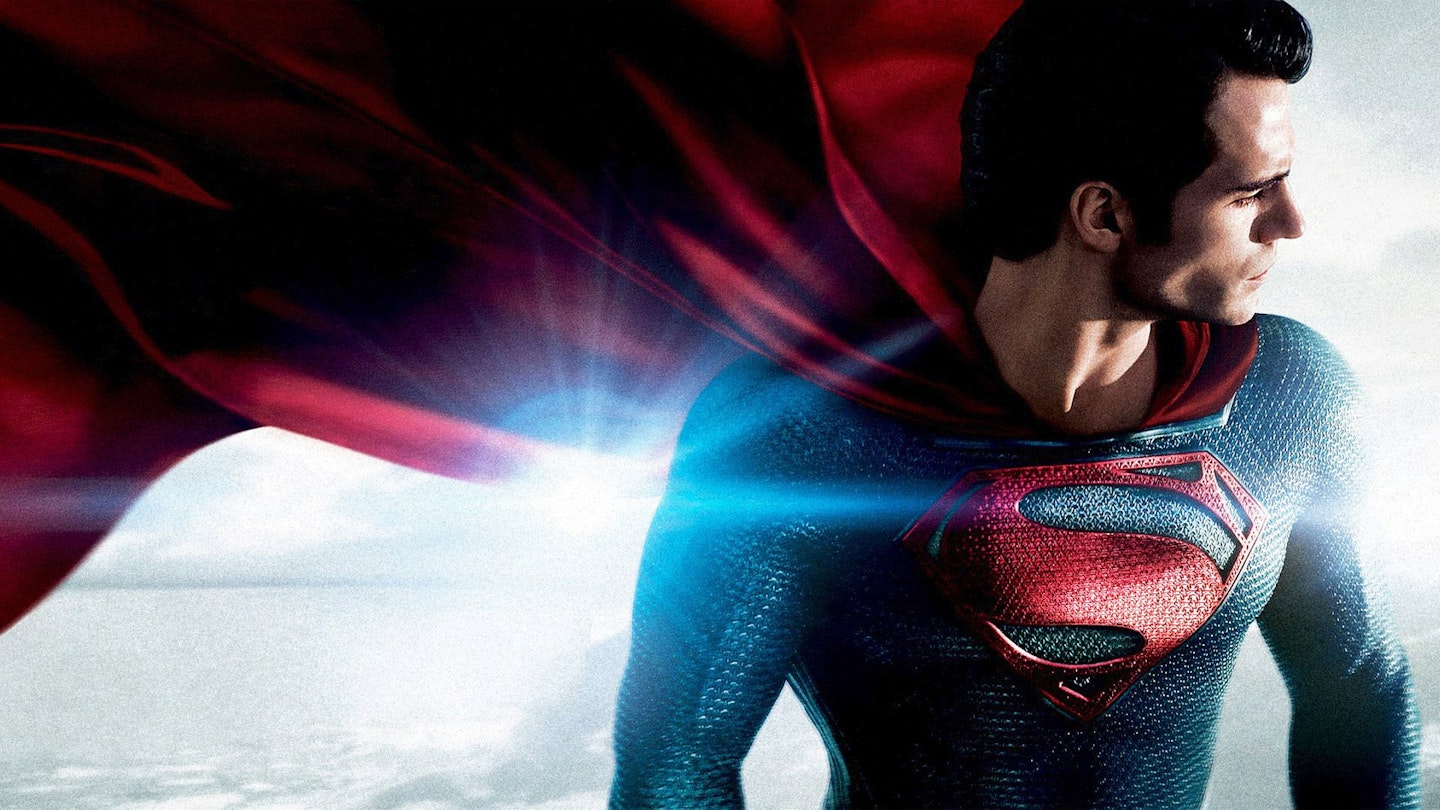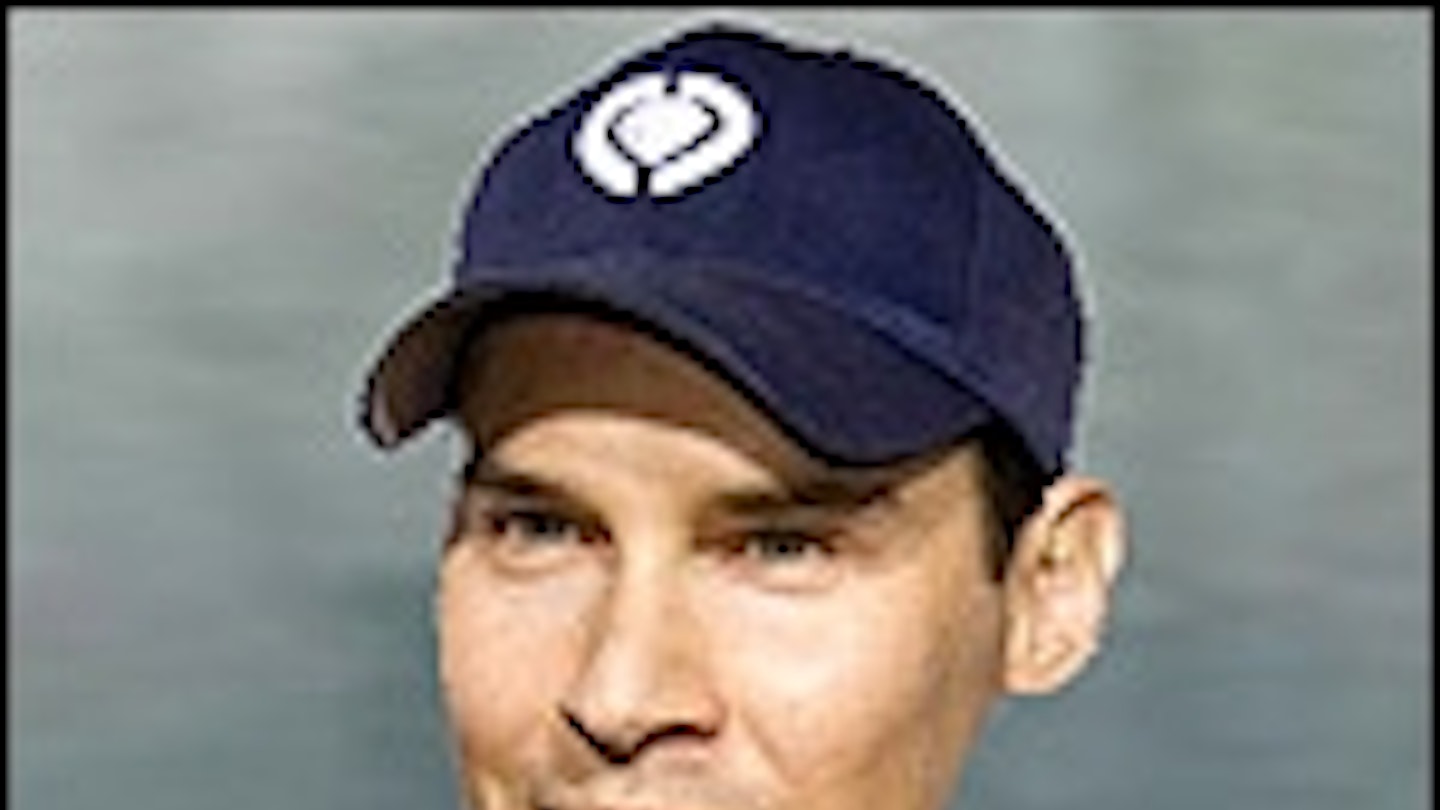With the inspired appropriation of John Williams’ majestic 1978 theme music raising acres of gooseflesh, Superman flies again, bringing mankind what Marlon Brando’s Jor-El called "the light to show the way". Like the flag-waving hero of Richard Donner’s Superman movies, the boy from Krypton comes bathed in nostalgia, reverence and oodles of religious symbolism. The result is that most beatific of superhero’s most magnificent screen incarnation yet.
Bryan Singer is a besotted man, with a determination that Superman belongs to the movies. Amongst the visual razzmatazz, those dreamy effects and gilded edges, he references Casablanca, Close Encounters, Citizen Kane and Titanic, films in the widest possible sense. If Steven Spielberg were to have made a Superman movie, it would surely have this sense of wonder, exaltation and romance.
The story loosely follows on from Superman II, with Lois Lane’s memory of his true identity wiped by a kiss. Singer stays fully in touch with the heartache that murmurs beneath that iconic blue suit — the idea that our hero’s divine nature acts as a barrier to love. Clark’s unrequited love for Lois and her crush on Superman are the soul of the story, far more central, say, than the mind-blowing action sequences clamouring for your attention. This may confound those just looking for a regular can of fizzy action juice, but will taste like fine wine to the growing legion of Singer fans who admire his dedication to adding emotional weight to summer thrills. The news that Lois is the mother of a five year-old boy and engaged to newcomer Richard White (James Marsden) sends the Man Of Steel into meltdown, the unfolding emotional conflict steering the movie. While such sentimental concerns could become cloying, Singer, as with his X-Mens, finds the perfect middle way to explore the conflict within his characters.
Kate Bosworth brings an eager intensity to the star reporter; even though she lacks the world-weary wryness of Margot Kidder, she fully evokes Lane’s conflict and tough exterior. But the greatest victory is Brandon Routh. The resemblance between Routh and Christopher Reeve is uncanny (when he first turns around as Clark Kent, you’d swear it was 1978) and, while proving every bit as wholesomely heroic, Routh even adds his own melancholic touch.
Singer has built a larger, worldwide arena here: Superman traverses the globe, not just the US, in his fight for "truth and justice…" (references to the "American way" are conspicuously absent), and consequently Spacey’s eloquent Lex Luthor is a further-thinking and far crueller customer than Gene Hackman’s. His diabolic and rather complicated masterplan is inevitably fuelled by shards of that dreaded green kryptonite, while Parker Posey’s moll makes delightfully dimwitted fun of his megalomania.
And such dastardly deeds do, naturally, furnish the movie with a series of breathtaking action sequences. While symbolically carrying the world on his shoulders, he literally carries continents across his broad back. More than that, though, Singer realises it isn’t enough to believe a man can fly; these are flights
of emotional expression, exhilarating in their sense of freedom set against rapturous skylines. Indeed, the film floats in a preposterous, magical America
forever bathed in golden light. Singer has reinvigorated an American icon, with a film that sits happily in the upper tiers of Superman’s grand pantheon.

